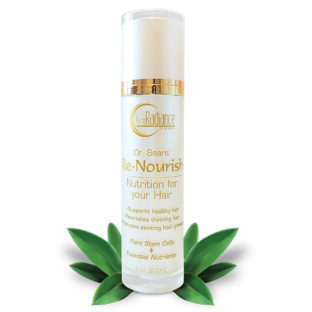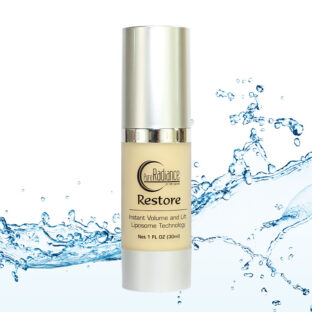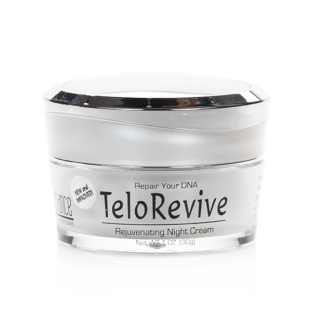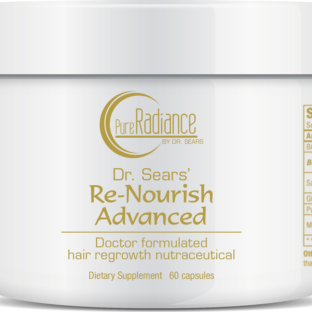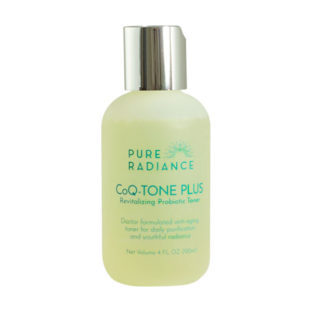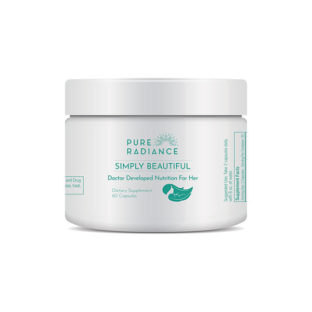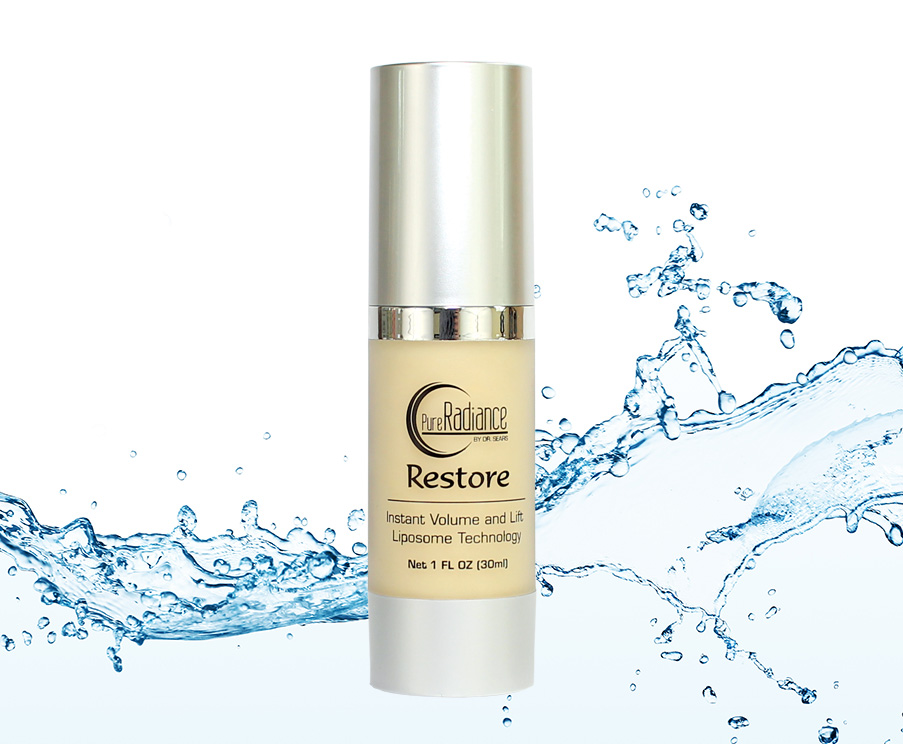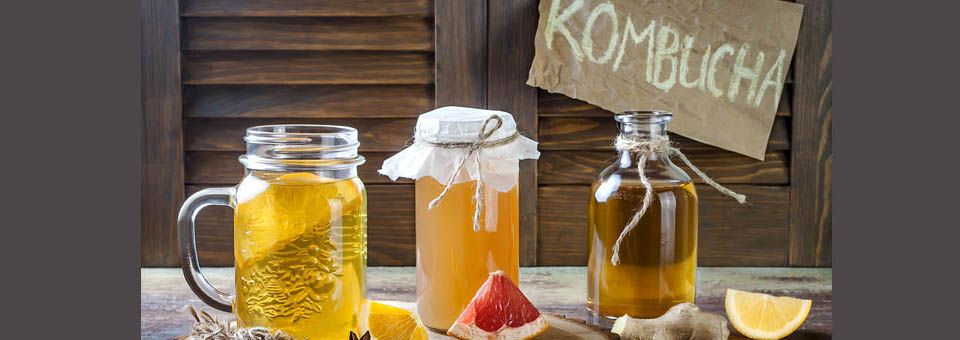
For years, you’ve been bombarded with antibacterial products designed to “clean” your skin and remove harmful bacteria that can cause problems like acne and rosacea.
But when you clean your face and skin with harsh cleansers and soaps, you remove both good and bad bacteria. And a disruption to the balance of bacteria leaves your skin vulnerable to problems like dryness, inflammation and infection.
Even the FDA admits these products are dangerous. They recently banned the common antibacterial chemical triclosan from soaps because of the dangers it poses to your thyroid, among other concerns.
If you’ve ever taken an antibiotic, you know the many health benefits of taking a probiotic… the “good bacteria.” They counteract the damage done by antibiotics and allow for a balanced microbiome in your gut.
Your Skin is a Microbiome, Too
I tell my patients their skin can benefit from the same balance.
The skin microbiome has been shown to protect against harmful bacteria, pollution and free radicals, all of which can accelerate aging.1
Probiotics have an anti-inflammatory effect, and can also act as antimicrobials. Topically, they can even be used as a natural exfoliant.
Probiotics also promote the healing of scars and burns, rejuvenate the skin and strengthen your skin’s immunity.
When taken orally, probiotics can even treat dandruff. A study conducted in Hungary showed that patients enjoyed noticeable improvement in scalp redness, flaking and itching when they took Lactobacillus paracasei daily.2
Another probiotic from the same genus, Lactobacillus planarum, is effective at treating acne.3
I recommend probiotics to my patients who ask for natural ways to repair their aging skin and protect against further damage.
Oral probiotics can protect your skin against photo-aging… the damage done by UV radiation from sunlight that makes you look older than your years.
Researchers recently tested the effect of taking oral Bifidobacterium breve before exposure to UVB radiation. The probiotic significantly improved skin hydration and lessened skin thickening.4
Fight Wrinkles From the Inside Out
Clinical evidence shows that Lactobacillus plantarum increases skin hydration, reduces facial wrinkles and improves skin elasticity and glow.
After just 12 weeks of taking 10 billion CFUs per day of L. plantarum, women showed significantly higher skin hydration and a significant reduction in wrinkle depth compared to a placebo.5
Topically, skin creams containing streptococcus thermophiles was found to increase moisture in the skin of aging women.6
Our ancestors got all the probiotics they needed from their food supply, but thanks to poor modern diets and a toxic environment, our microbiomes are an unbalanced mess.
The good news is you can take therapeutic amounts of probiotics capable of “resetting” your unbalanced microbiomes. Here’s what I tell my patients:
1. Look for probiotic food sources. Enrich your diet with fermented foods like miso soup, sauerkraut and kefir, a yogurt-like drink you can find in most grocery stores. Kombucha, a fermented tea, provides detoxification, antioxidation, increased energy and boosts your immune system.7 You can find kombucha at many health food stores, or you can find a recipe to make your own online.
2. Take a supplement. Look for a daily oral probiotic capable of surviving the acidic environment of your stomach. I recommend a product that delivers at least 15 billion CFU per day from a combination of both Lactobacillus and Bifidobacterim.
To Your Good Health,
![]()
Al Sears, MD, CNS
1. Gu˰niche A, Benyacoub J, et al. “Lactobacillus paracasei CNCM I-2116 (ST11) inhibits substance P-induced skin inflammation and accelerates skin barrier function recovery in vitro.” Eur J Dermatol. 2010 Nov-Dec;20(6):731-7.
2.Audrey Gueniche, et al. “Oral supplementation with probiotic Lactobacillus paracasei ST-11 improves dandruff condition.” Int J Trichology. 2011 Jul; 3(Suppl1): S22.
3.Neelam Muizzuddin, et al. “Physiological effect of a probiotic on skin.” Journal of Cosmetic Science. November 2012 63(6):385-95
4.Satoh T, Murata M, Iwabuchi N, et al. “Effect of Bifidobacterium breve B-3 on skin photoaging induced by chronic UV irradiation in mice.” Benef Microbes. 2015;:1-8.
5.Lee DE, Huh CS, et al. “Clinical Evidence of Effects of Lactobacillus plantarum HY7714 on Skin Aging: A Randomized, Double Blind, Placebo-Controlled Study.” J Microbiol Biotechnol. 2015 Dec 28;25(12):2160-8.
6.Di Marzio L1, Cinque B, et al. “Increase of skin-ceramide levels in aged subjects following a short-term topical application of bacterial sphingomyelinase from Streptococcus thermophilus.” Int J Immunopathol Pharmacol. 2008 Jan-Mar;21(1):137-43.
7. Vīna I, Semjonovs P, Linde R, Deniņa I. “Current evidence on physiological activity and expected health effects of kombucha fermented beverage.” J Med Food. 2014;17(2):179-88.


